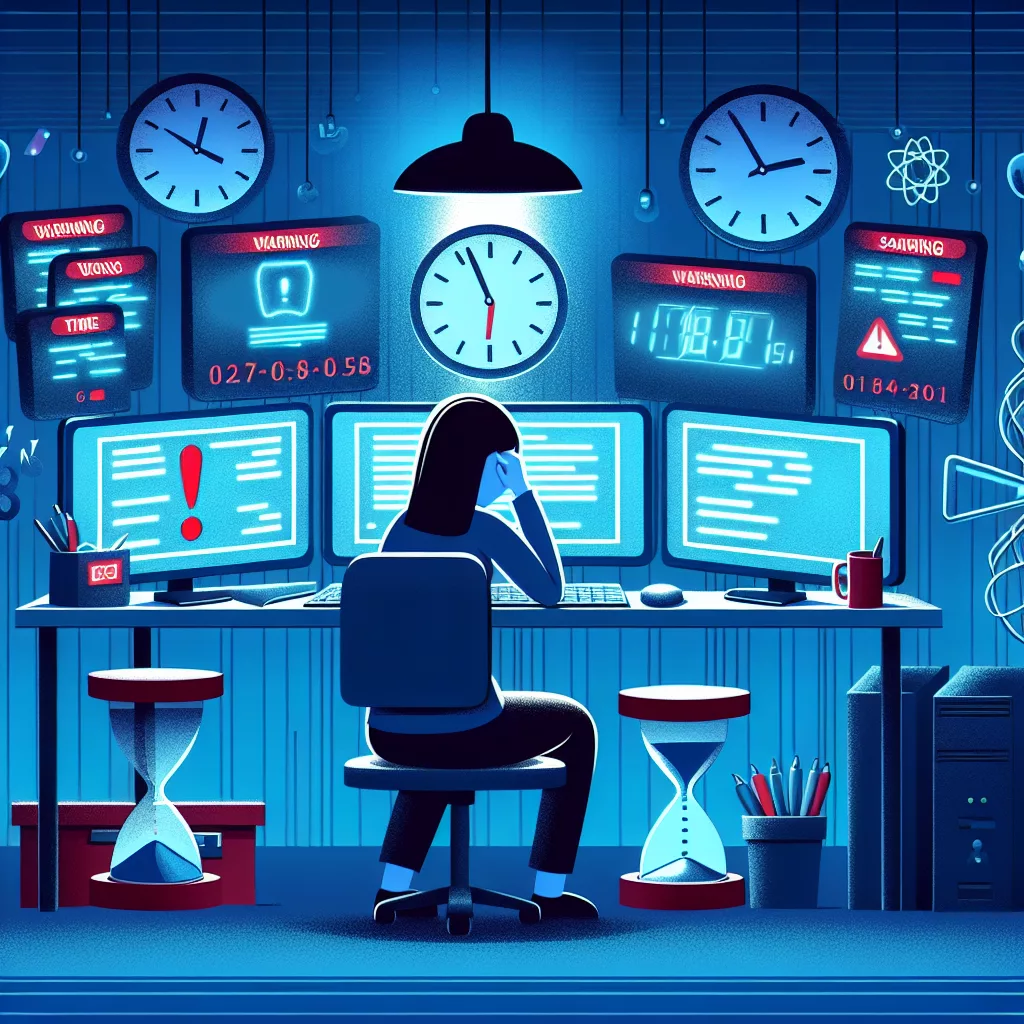As an Information Security Analyst, burnout risk is rising due to high-stakes vigilance, relentless cyber threats, and the critical nature of safeguarding data.

- High stress from constant threat monitoring and response.
- Long, irregular hours impact work-life balance.
- Continuous, high-pressure environment from emerging threats.
- Rapid technological change demands constant learning.
- Emotional toll from dealing with security breaches.
- Lack of recognition or appreciation for successful prevention.
- Limited career advancement opportunities in many organizations.
The data indicate that career burnout levels among Information Security Analysts are Moderate.
Reasons Information Security Analysts burnout
According to the science to date there are key reasons people burnout at work. Here’s our top reasons why Information Security Analyst in the Technology category has a burnout risk of Moderate:
A career in information security analysis can lead to burnout for several reasons. Firstly, the constant threat environment requires you to be perpetually vigilant. Cyber threats are evolving, and the pressure to maintain the security of sensitive information is relentless.
High-Stress Situations: You often face high-stress situations that demand quick decision-making. During a security breach, the pressure to mitigate damage swiftly can be overwhelming and exhausting.
Long Work Hours: The nature of the job often necessitates long hours, including nights and weekends. This can disrupt your work-life balance, leading to physical and mental exhaustion over time.
Lack of Resources: Many information security departments are underfunded or understaffed. This creates a strain as you try to do more with less, ultimately leading to burnout.
Repetitive Work: Although the field is dynamic, much of the day-to-day work can be repetitive, focusing on monitoring systems and identifying potential threats. This monotony can contribute to job dissatisfaction and fatigue.
Furthermore, the need for continuous learning to keep up with new technologies can feel like an added pressure. You must stay current with certifications and evolving best practices, which can add to the workload.
Finally, a lack of support from management can exacerbate these issues, leaving you feeling undervalued or unheard, which is a significant factor in workplace burnout.
Burnout rate data for Information Security Analyst/Technology
The field of technology, particularly for Information Security Analysts, is often reported to have high stress levels leading to burnout. According to a survey from https://burnoutindex.org, many professionals in this role experience significant workload and pressure due to the critical nature of their responsibilities. The demanding schedule and constant need for vigilance to protect data can exacerbate stress.
You might find more detailed figures in the article from Forbes (https://www.forbes.com/sites/forbestechcouncil/2023/03/14/why-your-csos-ciso-and-security-analysts-are-at-risk-for-burnout/), which highlights that Information Security Analysts face unique challenges in the tech industry, further amplifying potential burnout.
There’s a push towards mental health support and reasonable work-life balance, yet structured data specific to burnout levels in this career remains sparse. For those in the field, recognizing the signs of burnout and seeking support is crucial.
Do you have experience of Burnout as a Information Security Analyst or in Technology?
Share your story about Information Security Analyst burnout on our share your story page.
Burnout in Technology
Career Burnout Rates > Burnout in Technology > Information Security Analyst Burnout


